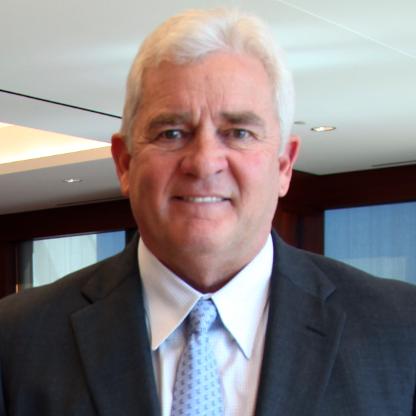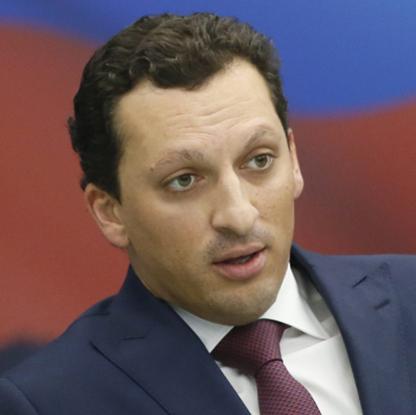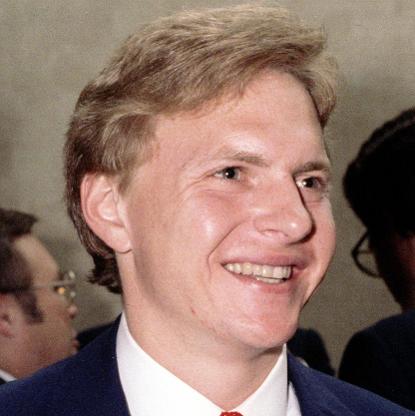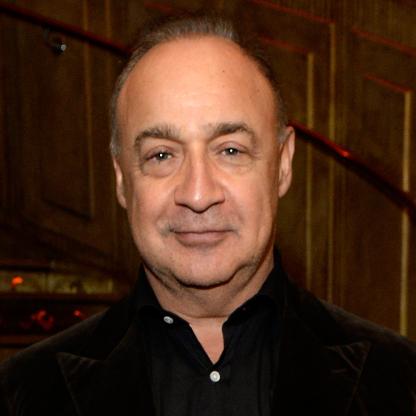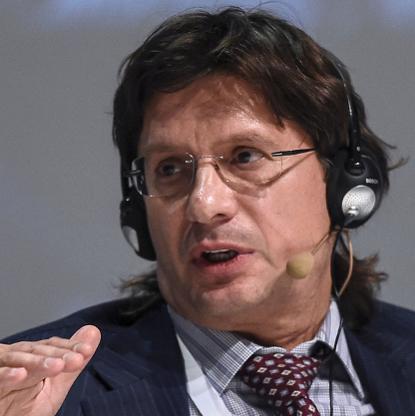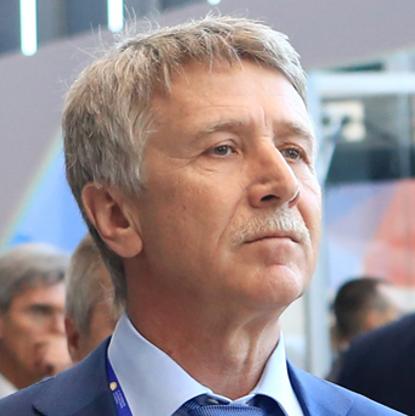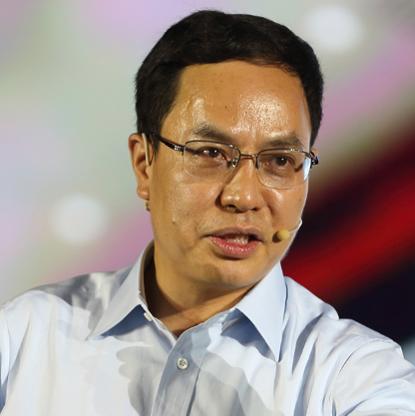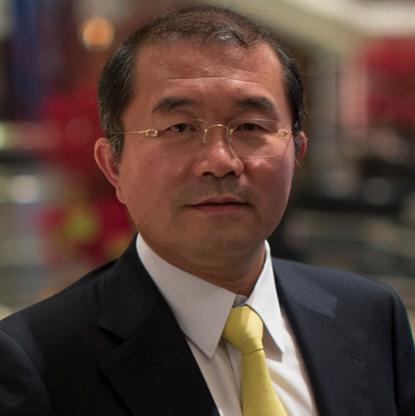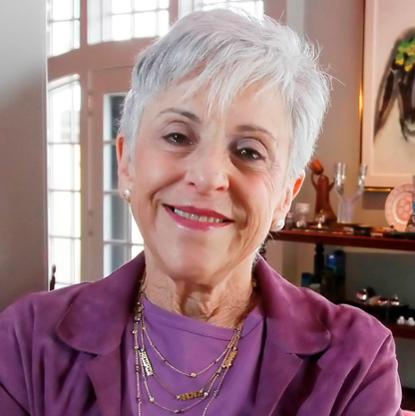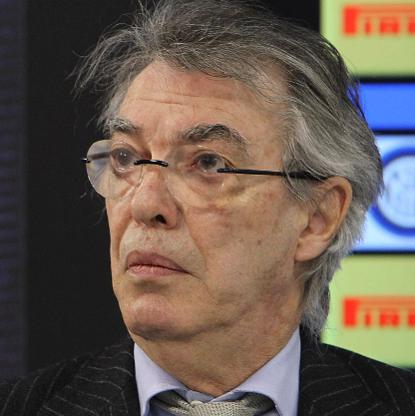In 1988, along with German Khan and Alexey Kuzmichev, Fridman co-founded Alfa-Photo (also transliterated as Alfa-Foto), which imported photography chemicals. In 1989 the three partners founded Alfa-Eco (Alfa-Echo, Alfa-Eko, Alfa-Ekho), a commodities and eventually oil trading firm, and Alfa Capital (Alfa Kapital), an investment firm. Alfa-Eco and Alfa Capital developed into Alfa Group Consortium. The company, which initially focused on computer trading and copy machine maintenance, expanded into imports and exports and commodities trading, eventually becoming one of Russia’s largest privately owned financial-industrial conglomerates, with interests in industries such as telecommunications, banking, Retail, and oil.
